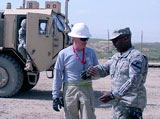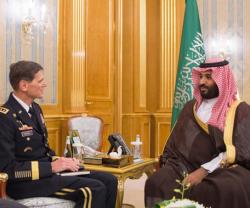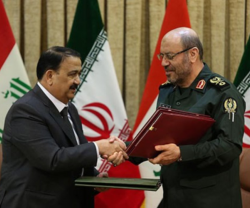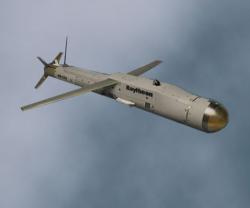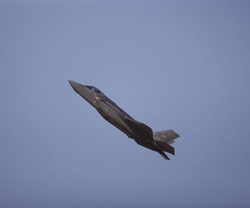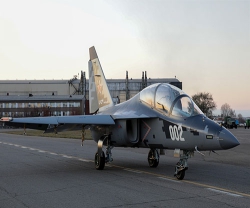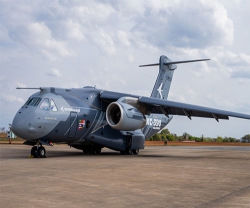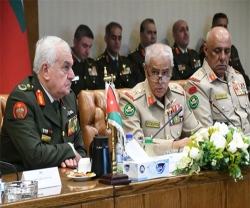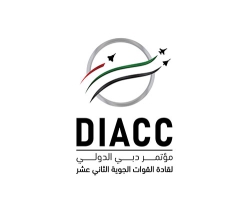The statement is the first by any American or Iraqi official to detail the size of the U.S. training contingent that the Iraqis have requested. It seemed to make clear that there were no further discussions likely on the thorny issue of immunity, something U.S. officials have always said was a non-negotiable condition of leaving American troops in Iraq.
"We have agreed to retain more than 5,000 American trainers, without giving them immunity," Talabani said. "We have sent them our agreement to retain this number and are awaiting their response: yes or no."
Last week, Iraqi officials, including Talabani and Prime Minister Nouri al Maliki, released a statement that said they'd agreed to ask for U.S. trainers but wouldn't submit the deal to the Iraqi parliament for approval and wouldn't request immunity. The statement was without details, and U.S. officials, expressing uncertainty about its meaning, said that negotiations were continuing.
Talabani's more specific statement seemed intended to clarify that, at least from an Iraqi perspective, negotiations were over, and the U.S. was expected merely either to agree to stay on or decline to do so.
"If the Americans do not agree to leave behind the trainers without immunity, then we have three choices: to ask for trainers of the (weapons) manufacturing companies, to seek the assistance of NATO, or to send members of the Iraqi Armed Forces to train abroad," Talabani said.
Talabani said the decision to request the U.S. trainers came after Iraq's military leaders reported that their troops didn't know how to use "the modern weapons recently imported."
Whether the NATO training mission, whose troops do have immunity from prosecution under Iraqi laws, could be expanded to include the sought-after American trainers isn't clear. That mission has existed since 2004. Some of its training takes place outside Iraq.
Source: McClatchy Newspapers; Photo: The 4th Infantry Division

